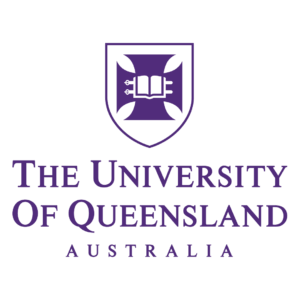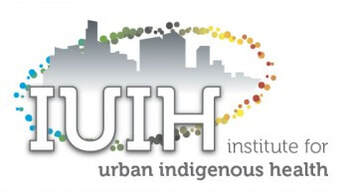ALLIED HEALTH SERVICES @ SCHOOL
The Murri School is now providing regular allied health services building on the occupational therapy and speech pathology services which have been at the school for many years. These services are all free to children at The Murri school, as long as they have had a health check and been referred by the GP at the clinic. The range of services provided includes:
Children’s Occupational Therapy
Occupational Therapists visit from both IUIH and the University of Queensland and there are services at the school during school terms. Occupational therapists work with children and their families on helping children with daily tasks. Occupational therapists look at how the child functions in various contexts such as home and school.
Occupational therapists can help with:
Occupational Therapists visit from both IUIH and the University of Queensland and there are services at the school during school terms. Occupational therapists work with children and their families on helping children with daily tasks. Occupational therapists look at how the child functions in various contexts such as home and school.
Occupational therapists can help with:
- School tasks e.g. handwriting and organisation
- Motor skills
- Sensory processing e.g. sensitivities that may impact on a child being able to concentrate or carry out daily tasks
- Activities of daily living e.g. eating, dressing, toileting
- Play and social skills
Children’s Speech and language pathology
Speech pathologists visit from both IUIH and the University of Queensland to complement the long-term service provided through the school for the last 20 years. Speech pathologists can help children with:
Speech pathologists visit from both IUIH and the University of Queensland to complement the long-term service provided through the school for the last 20 years. Speech pathologists can help children with:
- Speech sounds
- Late Talkers
- Play, Language and Social Skills
- Stuttering
- Reading and spelling
Dietitian
A dietitian visits to provide support and advice for children and adults regarding healthy eating, the importance of food to learning and living well and specialist advice for people with particular needs (e.g. tummy problems).
Audiology
The school Teacher of the Deaf visits the school twice a week. The Teacher of the Deaf can test your child’s hearing and help you get services for your child such as referring to the audiologist who attends the school regularly throughout the year.
A dietitian visits to provide support and advice for children and adults regarding healthy eating, the importance of food to learning and living well and specialist advice for people with particular needs (e.g. tummy problems).
Audiology
The school Teacher of the Deaf visits the school twice a week. The Teacher of the Deaf can test your child’s hearing and help you get services for your child such as referring to the audiologist who attends the school regularly throughout the year.
Optometry
The optometrist can test how well your child can see as well as how well their eyes are working together to understand what is being seen. This is super important for children when they are learning to read and write. The optometrist can help your child get glasses if they are needed as well as giving your child some exercises to help your eyes work better.
Psychology
The school employs psychologists to conduct assessments, provide therapy and counselling for individual students as well as group therapy. The psychologists are members of the student support team.


